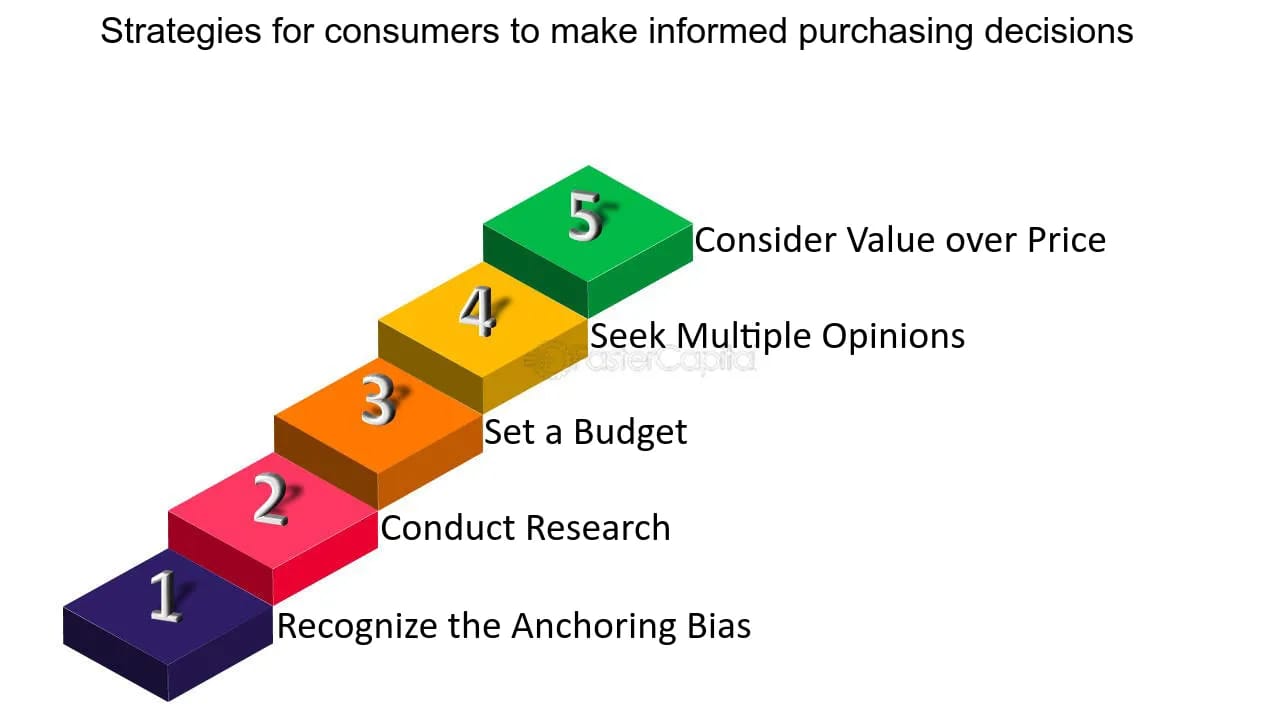which of the following is not a useful strategy when making an informed purchase?
In our quest for informed consumption, it's vital to discern between what appears
economical and what truly aligns with sustainable principles. While price often serves as a
primary consideration, prioritizing it above all else can lead to shortsighted decisions that
neglect crucial factors like quality, durability, and environmental impact.
Opting for the cheapest option might seem financially prudent initially, but it can conceal
long-term costs and consequences. Products with lower price tags often compromise on
quality, utilizing inferior materials and manufacturing processes. Consequently, they may
break down more quickly, necessitating frequent replacements and repairs. This cycle not
only undermines the value proposition but also generates more waste, exacerbating
environmental strain.
Moreover, products manufactured with cost-cutting measures may harbor hidden
environmental impacts. Cheaply made goods often rely on resource-intensive production
methods, contributing to resource depletion, pollution, and greenhouse gas emissions.
Additionally, the pursuit of low prices may incentivize companies to prioritize profit over
sustainability, leading to exploitative practices in supply chains and disregard for
environmental regulations.
Furthermore, focusing solely on price overlooks the social dimensions of sustainability.
Bargain-priced items may be indicative of labor exploitation, with workers receiving
inadequate wages or enduring unsafe working conditions. By disregarding ethical
considerations, price-driven purchases perpetuate a system that prioritizes profit at the
expense of human rights and dignity.
Instead of fixating on price, consumers should adopt a more holistic approach to informed
purchasing. This involves considering a product's entire lifecycle, from sourcing and
production to use and disposal. Quality and durability become paramount, as investments
in well-made goods can yield long-term savings and minimize environmental impact.
Furthermore, consumers should prioritize products that align with their values and support
companies committed to sustainability and ethical business practices. Transparency and
accountability are essential, allowing consumers to make informed choices based on
credible information about a product's origins, materials, and social impact.

 Android and iOS App Development Services in Delhi – Oprezo India
Android and iOS App Development Services in Delhi – Oprezo India Mobile App Development Company in Delhi, India
Mobile App Development Company in Delhi, India Oprezo India: Your Premier Web Development and Mobile App Partner in Delhi for Business Growth
Oprezo India: Your Premier Web Development and Mobile App Partner in Delhi for Business Growth Oprezo India – Leading E-commerce Website and App Development Agency in Delhi
Oprezo India – Leading E-commerce Website and App Development Agency in Delhi Leading Hybrid, Flutter, and React Native App Development Services in Delhi by Oprezo India
Leading Hybrid, Flutter, and React Native App Development Services in Delhi by Oprezo India